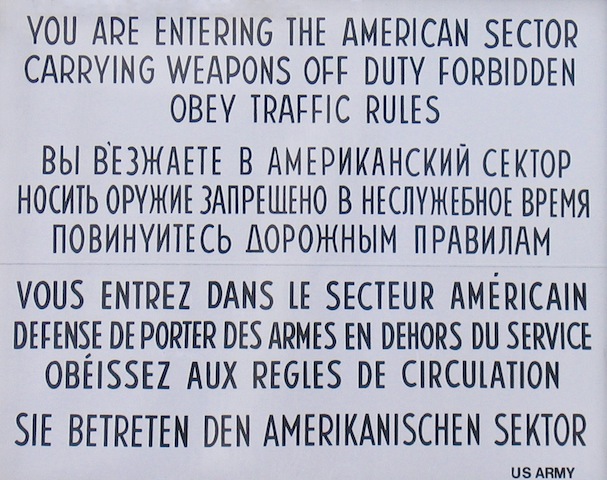There is something fundamentally wrong with AOL’s media business states a Business Insider headline.
What is fundamentally wrong is quite basic to anyone who has owned or managed a business – money.
The problems at AOL illustrate the deep flaws in the “digital sharecropper” business model of putting free or cheap content on the web to harvest online advertising.
Lords of the digital manor
Sites like Demand Media and Huffington Post can’t make money from content if too many staff expect to get paid. Chris Anderson illustrated this in a rebuttal to Malcolm Gladwell where he examined the economics of his GeekDad blog and the work of its manager, Ken;
So here’s the calculus:
- Wired.com makes good money selling ads on GeekDad (it’s very popular with advertisers)
- Ken gets a nominal retainer, but has also managed to parlay GeekDad into a book deal and a lifelong dream of being a writer
- The other contributors largely write for free, although if one of their posts becomes insanely popular they’ll get a few bucks. None of them are doing it for the money, but instead for the fun, audience and satisfaction of writing about something they love and getting read by a lot of people.
It’s almost touching to picture the modern day digital serf touching his flat cap and murmuring “thank you m’lud” on receiving a ha’penny from the lord of the digital manor before scampering back to working on becoming a well read, but unpaid writer.
We don’t pay writers
The business model of the Geek Dad blog or the Huffington Post relies upon these unpaid writers donating their work and time –the digital sharecroppers as described by Jeff Attwood.
Low paid or free labour is essential to the success of these site, when the bulk of advertising income goes straight to the proprietors the digital aristocrats – Lord Chris of Wired or Duchess Arianna – can live well.
The business model falls apart when management starts taking a cut of the profits; install a highly paid CEO and management team with their squadrons of Executive Vice Presidents or Group General Managers with the Medici-esque perks and entitlements these folk demand and the profits disappear.
AOL’s problem is it has too many highly paid managers extracting wealth from the company’s cashflow.
This is exactly the same problem print and television media empires have, once the rich rivers of gold allowed them to build up well paid management castes that are now crippling the businesses as revenues can’t support their financial burden.
Paying for digital media’s future
Over time, online media revenues are improving. As Morgan Stanley analyst Mary Meeker pointed out in 2010 that U.S. consumers spend 28 percent of their media time online, yet in 2010 only 13 percent of ad spending goes to the Internet. As advertisers follow consumers, publishing on the web will become more profitable.
The risk for big media organisations is their money will run out before the digital renaissance arrives and when it does, they may have squandered their natural advantages by shedding quality journalists, experienced sub-editors and good editors in an effort to prop up executive bonuses.
AOL’s management problem is part of a much bigger problem across markets and industries, we can call it managerialism – there are too many highly paid managers getting in the way of the writers, engineers, scientists, artists and tradesman who add real value to their organisations.
Strangely, it may be Chris Anderson’s “free” model that kills the managerial culture as enterprises that can’t afford to pay product creators certainly won’t pay an Executive Vice President’s entitlements.
Similar posts:

